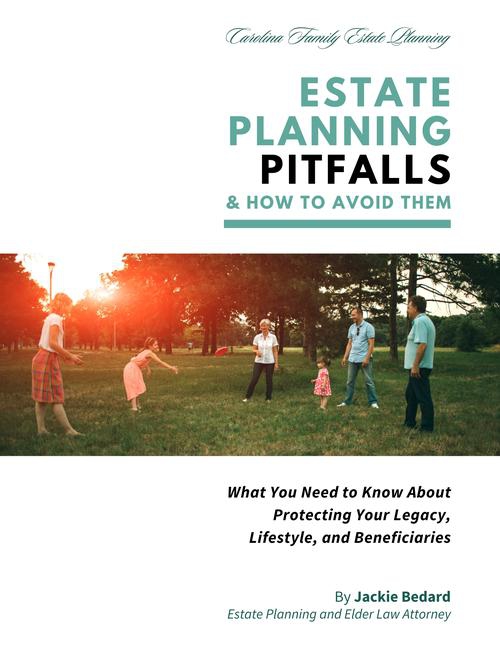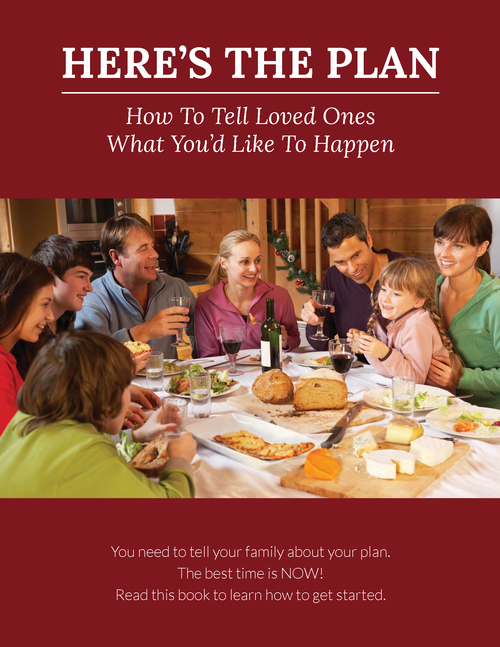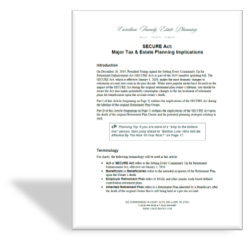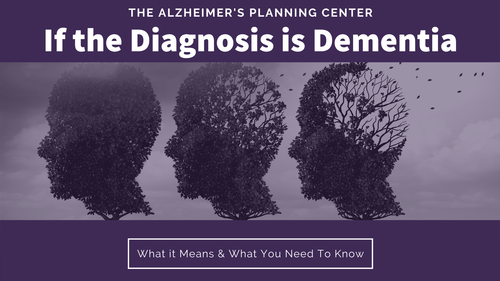
If you're in your 20s or 30s, estate planning might feel like something you can push off for a few decades. After all, you're just getting started, building a career, moving out on your own, maybe getting married or having kids. But here's the truth: estate planning isn't just for retirees or wealthy families. It's for anyone who wants to have a say in what happens if life throws them a curveball.
Why Start Estate Planning Early?
Life changes fast. A sudden illness, accident, or unexpected emergency can happen at any age. Without a plan in place, your loved ones could be left navigating complex legal decisions without guidance. Estate planning gives you a voice, even if you can't speak for yourself, and protects the people and assets that matter most.
If you’ve recently gotten married, bought your first home, or had a child, now is the perfect time to start. Even if you’re single, estate planning helps make sure your health care decisions, finances, and digital life are handled the way you’d want.
Key Documents Every Young Adult Should Have
1. Last Will and Testament
This is the foundation of any estate plan. A will lets you say who should receive your property and who you trust to handle your estate. If you have minor children, you can also name a guardian for them.
For a deeper look at how to make a valid will in our state, check out our blog post: How to Create a Valid Will in North Carolina: A Quick Step-by-Step Guide.
2. Durable Power of Attorney
This document authorizes someone you trust to handle your financial affairs if you're ever unable to; paying your bills, managing your bank accounts, or dealing with student loans.
3. Health Care Power of Attorney
Appoints someone to make medical decisions on your behalf if you're unconscious or incapacitated. It's especially important if you're not married or if your closest family members are out of state.
4. HIPAA Authorization
Ensures your designated person can access your medical records, which is necessary for making informed decisions during a medical emergency.
What About Digital Assets?
Think about everything stored online: banking apps, cloud storage, email... all those photos and videos of your dog in that Halloween costume, your graduation selfies, that road trip playlist you've been curating since 2021, or even the bitcoin your friend convinced you to buy because it looked like a smart move for your future. This is your digital life, and it deserves a place in your estate plan too. Including these in your estate plan ensures they’re preserved, protected, or passed on the way you’d want. What happens to your accounts if you’re gone? A good estate plan includes a list of your digital accounts and what you’d like to happen to them, along with login details stored securely.
Beneficiary Designations: Don’t Set and Forget
If you’ve started a new job, opened a savings account, or even signed up for that free life insurance policy your employer offers, chances are you’ve filled out a beneficiary form. Those choices might’ve felt random or rushed; maybe you picked a parent, a sibling, or your partner. But here’s the kicker: those designations actually override what’s in your will. That means if your life changes (say, you get married, divorced, or just change your mind) and you forget to update your beneficiaries, your money could end up in the wrong hands. Set a reminder to check these after every major life event.
You Don’t Need to Be “Rich” to Plan
You don’t need a mansion or millions in the bank to need a plan. If you’ve got a checking account, student loans*, a car, or even that one friend who still owes you money from a concert ticket, you’ve got something worth planning for. And let’s not forget about your kids or pets, if you have them. Who would take care of them if something happened to you? Estate planning helps ensure they’re looked after the way you’d want. Planning isn’t about how much you have; it’s about making sure what matters most doesn’t fall through the cracks.
*Many people assume student loan debt disappears after death, but that’s not always the case. While federal loans are typically forgiven, private loans can be more complex. In North Carolina and elsewhere, co-signers or joint borrowers may still be responsible for the remaining balance. Including student loans in your estate plan helps your loved ones avoid surprises and gives them a clear roadmap if something happens to you.
How to Get Started
Estate planning is more than paperwork; it's about protecting your voice, your choices, and the people you care about. Whether you're starting a new chapter in life or just beginning to think long-term, there's no better time than now to take control of your future.
Working with an estate planning attorney can help you tailor a plan to your life today and easily adjust it as things change. It’s one of the most empowering steps you can take in your 20s or 30s.
Start small. Stay informed. And remember, this is about more than what you leave behind; it's about how you live today. If you’re ready to take the first step, give us a call, schedule your case assessment online, or join one of our estate planning webinars to learn what’s right for you.
FAQs: Estate Planning for Young Adults
1. Do I really need a will if I don’t have a lot of stuff?
Yes. A will isn’t just about big assets, it’s about control. It lets you decide who should receive your things, no matter how small, and who should be in charge if something happens. Even choosing who takes care of your pet or handles your digital accounts matters.
2. Can my parents still make decisions for me if I’m in the hospital?
Not automatically. Once you're legally an adult, your parents can't access your medical info or make health decisions unless you’ve signed a Health Care Power of Attorney and HIPAA release form. These documents are key, especially if you're in college or living on your own.
3. What if I don’t have a partner or kids…do I still need an estate plan?
Absolutely. Estate planning is also about protecting you. Who handles your finances or medical care if you're ever unable to? Who closes your accounts or honors your wishes? Planning now gives you peace of mind and ensures your voice is heard.







